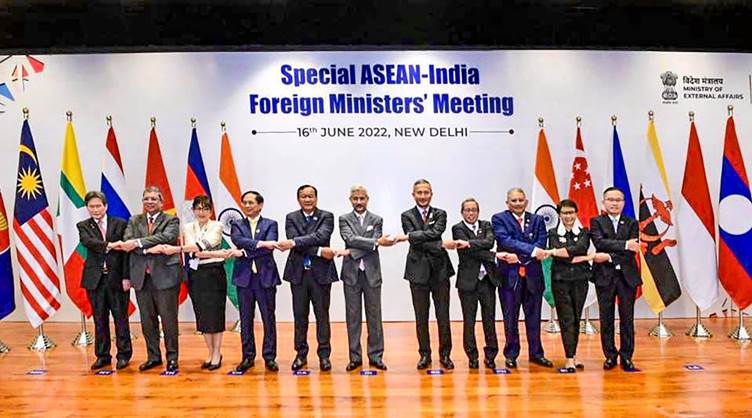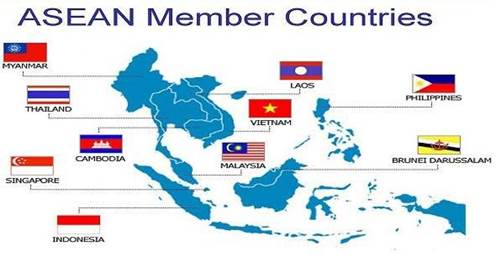Free Courses Sale ends Soon, Get It Now


Free Courses Sale ends Soon, Get It Now



Copyright infringement is not intended
Context: As External Affairs minister S Jaishankar flagged the “geopolitical headwinds” triggered by the Ukraine crisis and its knock-on effects on food, energy security, prices of fertilisers and commodities as well as logistics and supply chains, foreign ministers of India and ASEAN countries on agreed to uphold multilateralism in jointly responding to the regional and global challenges.
More on the news:
India and ASEAN:

Copyright infringement is not intended
Why ASEAN matters to India?
Issues with ASEAN:
Way Forward:
https://epaper.thehindu.com/Home/ShareArticle?OrgId=GAP9UBAMR.1&imageview=0
© 2024 iasgyan. All right reserved